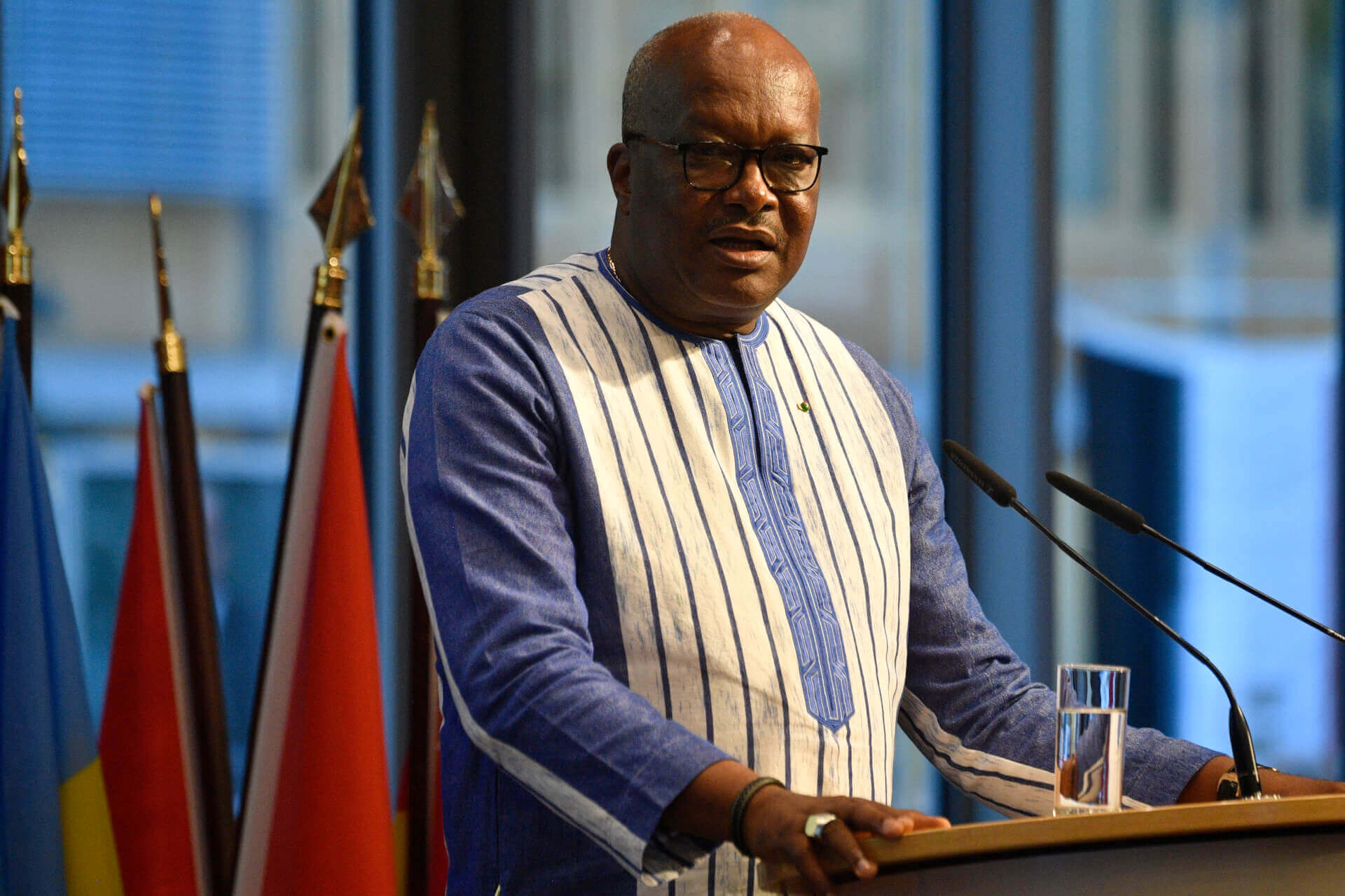Campaigning underway in Burkina Faso, as incumbent President Roch Marc Christian Kaboré seeks to secure a second term in office in the election on November 22. The president is hopeful of being re-elected amid continued militant insurgencies in the country, which have severely damaged the entire Sahel region.
In one of his campaign speeches, Kaboré said, “Terrorism has caused much damage in our country - human and material damage as well as administrative damage, with schools closed. Yet despite all this, the people of Burkina Faso have chosen to stand firm because we will never bow before the terrorists.”
Despite his strong words, however, the opposition has accused his administration of failing to do enough to quell jihadist attacks and insurgencies, as it has led to thousands of deaths and the displacement of more than a million people.
In fact, it is a consequence of this very violence that almost 1,500 villages will not be able to vote in the upcoming election, a decision which the 13 other presidential candidates have criticized for being undemocratic.
In August, the ruling government passed a law that stipulates that in that, in cases of “force majeure”, which the government describes as “exceptional circumstances preventing the organization of elections in part(s) of the country”, election results will be derived from polling stations that remain open. In line with this ruling, 17% of voting precincts have been deemed ‘unsafe’, which has effectively barred 400,000 people from voting in a country of just 21 million people.
The regions which have been ‘deemed’ unsafe are populated by citizens who are more likely to vote against the current government, given their displeasure at the Kaboré administration’s inability to tackle militant groups. Therefore, the decision to block them from voting is seen as a move to keep Kaboré in power.
Aside from undermining democracy, this may also have the unintended consequence of disenfranchising communities and providing a foothold for extremist groups to exploit. By disallowing hundreds of thousands of voters who are already disillusioned with the government’s inability to tackle terrorism in their regions, the government could effectively have made militant insurgencies a cyclical problem.
That being said, voter suppression is not a new development in Burkina Faso. In 2018, the National Assembly barred the use of widely used consular cards as a method of voter registration. Instead, citizens will have to use a passport of a national ID card. However, a passport can cost as much as one month’s rent for some people. In fact, of the 980,000 Burkinabe who currently possess a consular card, only 300,000 have an identity card, and only 100,000 have a passport. This has disproportionately affected voters in poorer and rural areas in the north of the country, where citizens are more likely to vote against Kaboré. Such measures also punish the many displaced people in the country, who may not hold all the required documentation as they are more concerned about escaping intense conflict.
Ironically, Kaboré rose to power in 2015 following nationwide protests to oust former dictator Blaise Compaoré. Hence, there are well-placed fears that Kaboré’s stranglehold over the country’s political system may lead to a military coup, just as in Mali in August.
Over 400,000 People Barred From Voting in Burkina Faso’s Upcoming Election
17% of voting precincts have been deemed ‘unsafe’, as a result of which 1,500 villages will not be able to vote in the election on November 22.
November 12, 2020

Burkina Faso President Roch Marc Christian Kaboré SOURCE: JOHN MACDOUGALL / AP
